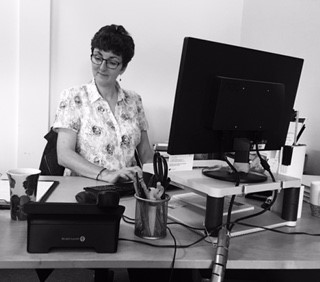 Rape of a Child Solicitors
Rape of a Child Solicitors
We were delighted to assist a family recently during a very traumatic case.
We were instructed by Mrs H, mother of a 14 year old vulnerable child with special needs. She contacted us absolutely mortified following the police asking her son to attend the police station for interview in relation to an allegation of rape of a child. They needed rape of a child solicitors, and they came to the right place.
The alleged victim was known to Mrs H and her family, and whole her son denied the allegation completely, the allegation had huge consequences for the family. The family of the alleged victim cut off all contact with Mrs H and her family, despite them being long-term, close friends.
And, perhaps the worst part, it was clear that Mrs H’s estranged husband, the client’s father, did not believe his son was innocent.
As defence lawyers, we have a privileged and unique position. We often see families experiencing the worst things they can imagine, and we are given access to people at their most vulnerable time and an open licence to ask personal, intimate questions.
It was clear that this was a family still reeling from the client’s diagnosis of complex special needs, and the client’s father in particular was unsure of how to deal with his son.
This led to a difficult, but necessary, conversation between caseworker Katie Forrest and the client’s father.
“I reminded him that his son was presumed innocent until proven guilty and that his son would need his support at this time more than ever.” Katie says.
We were instructed to fully investigate the allegation and to take a pro-active approach, with the aim of attempting to resolve the matter without any formal charges being laid against our client.
We took a detailed statement from the client himself, as well as his mum, dad and sister, who were all present on the day in question.
We organised expert representation for our client at several police interviews, together with protecting his rights and requirements as a vulnerable child himself.
We were confident that the matter was proceeding well, and then we were notified that a second similar allegation – of rape of a child – had been made against our client.
Our client, and his family, were devastated, and clearly the prospects were not looking good at this point.
We, however, renewed our focus on the case and continued in depth liaisons with the police officer. By working collaboratively and pro-actively, we were able to present our case to a prosecutor before our client was charged with any offence, and after reviewing this, the decision was made that our client would not be prosecuted in relation to either allegation.
We were all absolutely delighted.
As specialist rape of a child solicitors, we are the experts you need to defend any allegations of rape of a child. We do NOT represent anyone who accepts they are guilty of rape of a child.
If you are falsely accused of rape of a child, call our expert team now on 01623 397200.

 Whiplash Fraud Solicitors
Whiplash Fraud Solicitors